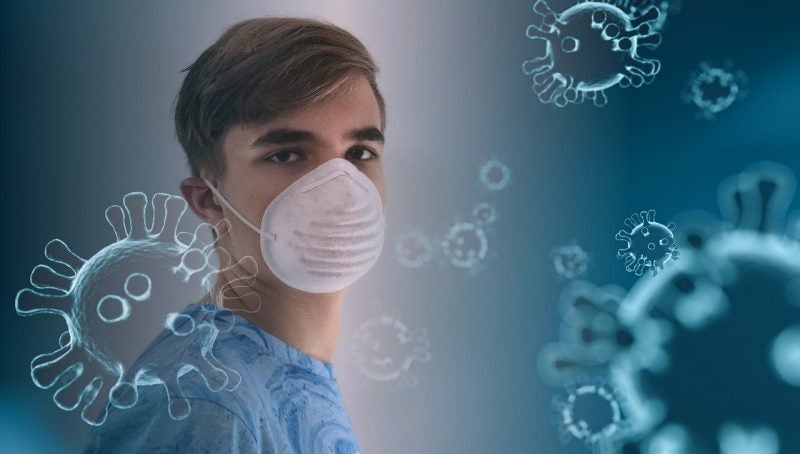
Researchers funded by the National Institutes of Health (NIH) in the US have initiated a clinical study to assess drugs prescribed for the treatment of infants, children and adolescents with Covid-19.
The study is based on an existing clinical trial that assesses drugs prescribed off-label to children with different medical conditions.

Discover B2B Marketing That Performs
Combine business intelligence and editorial excellence to reach engaged professionals across 36 leading media platforms.
In the latest study, researchers will evaluate multiple drugs being given to children with Covid-19, including antiviral and anti-inflammatory medication.
Drugs will be added or removed from the study list based on information available regarding the treatment needs of Covid-19 patients. The study will not include a control group.
Healthcare providers who are treating patients with drugs on the list may enrol patients after receiving consent from parents or guardians.
NIH’s National Institute of Child Health and Human Development (NICHD) will oversee the study.

US Tariffs are shifting - will you react or anticipate?
Don’t let policy changes catch you off guard. Stay proactive with real-time data and expert analysis.
By GlobalDataNICHD director Diana Bianchi said: “As we search for safe and effective therapies for Covid-19, we want to make sure that we do not overlook the needs of our youngest patients who may respond differently to these drugs, compared to adults.”
Study researchers will analyse blood samples obtained from routine medical procedures to gain insights into the movement of drugs through the bodies of children and adolescents aged below 21 years of age.
Data will be gathered on potential side effects and patient outcomes, including the duration and type of respiratory support required and the length of hospital stay.
The study is intended to collect information to refine dosing and improve the safety for infants, children and adolescents. It is being performed at about 40 NICHD-funded Pediatric Trials Network sites.
Last month, the NIH started a Phase IIb clinical trial to assess malaria drug hydroxychloroquine plus the antibiotic azithromycin to treat Covid-19.





